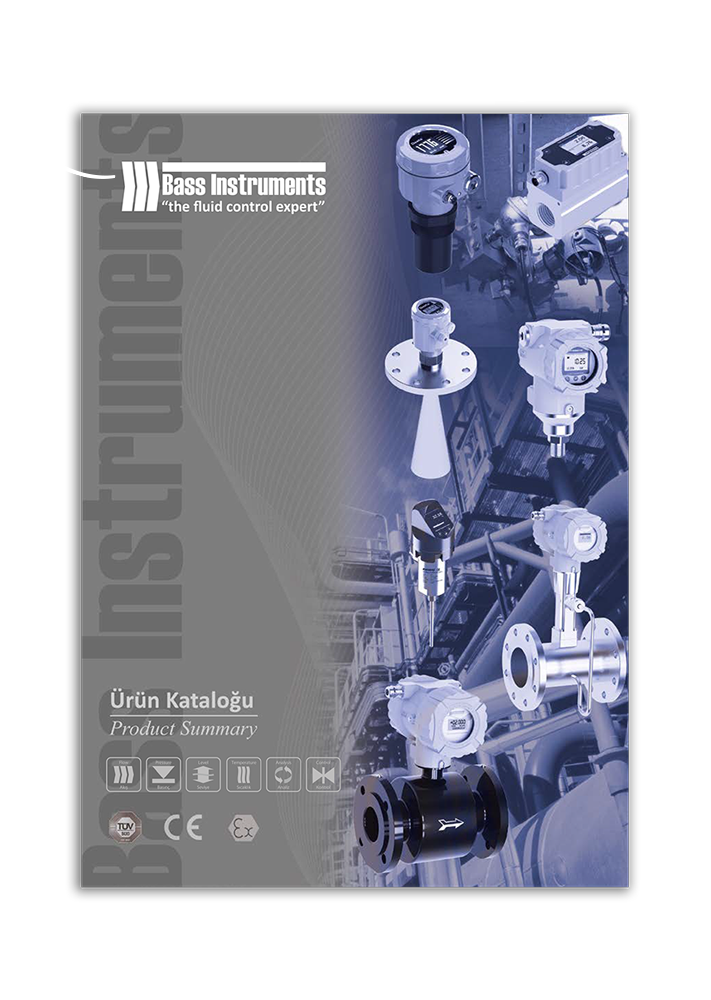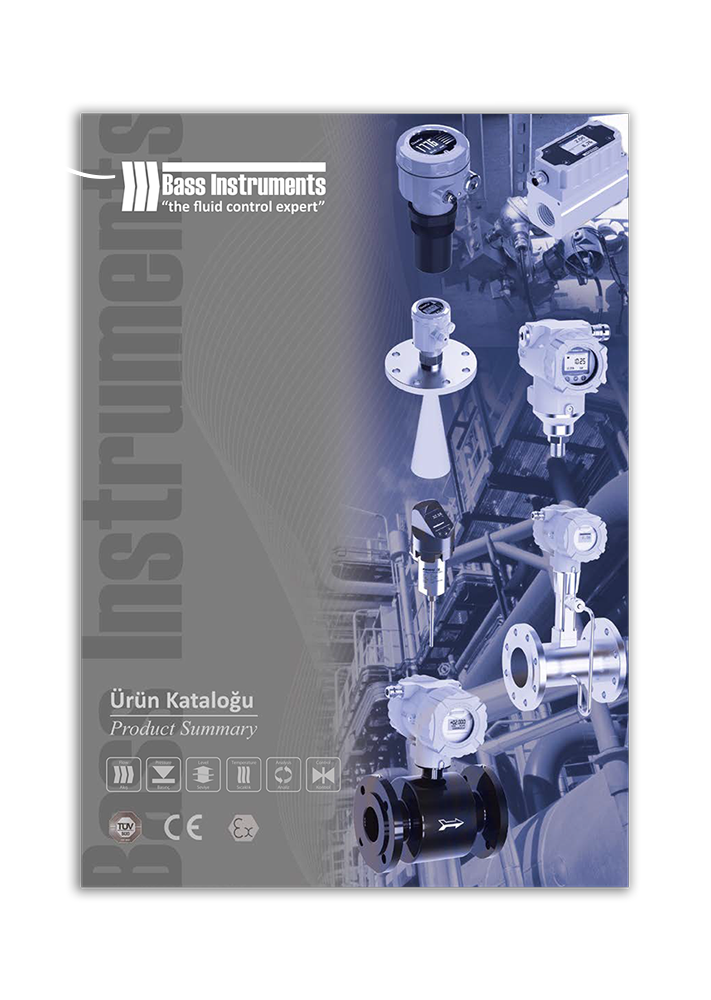Carbon Footprint
Carbon Footprint and Our Sustainability Approach
Sustainability has become one of the most crucial responsibilities of our time. As Bass Instruments, we are committed to reducing our environmental impact and creating a more livable world for future generations. In this context, we have reached a significant milestone in our sustainability roadmap. We have measured our carbon footprint, set concrete targets, and initiated efforts to reduce our emissions by 10%. This goal is just the beginning and forms the cornerstone of our long-term strategy.
A carbon footprint represents the total amount of greenhouse gases emitted into the atmosphere as a result of an individual’s or a company’s activities. This metric is critical in the fight against global climate change. At Bass Instruments, we consider this issue at every stage of our production processes. We now plan our operations by taking carbon emissions into account and are developing new methods to minimize our environmental impact.
In line with our goal of reducing our carbon footprint, we have taken steps such as ensuring more efficient energy use in our operations, transitioning to renewable energy sources, and optimizing waste management. At the same time, we are fostering innovation in our production processes by investing in environmentally friendly technologies. These efforts reflect our commitment to sustainability as not just a responsibility but also a core value of our company.
Strengthening collaboration with our stakeholders is also among our priorities as we strive to achieve our environmental sustainability goals. Together with our employees, business partners, and customers, we aim to contribute to the creation of a more environmentally conscious society. Furthermore, we will uphold the principle of transparency by regularly sharing our progress throughout this journey.
At Bass Instruments, we view our efforts to reduce our carbon footprint as a long-term commitment. The steps we take toward creating a greener and more livable world represent an approach that is sensitive not only to today’s needs but also to the needs of the future. Our sustainability guide will continue to generate value by addressing environmental, economic, and social responsibilities as an integrated whole.



